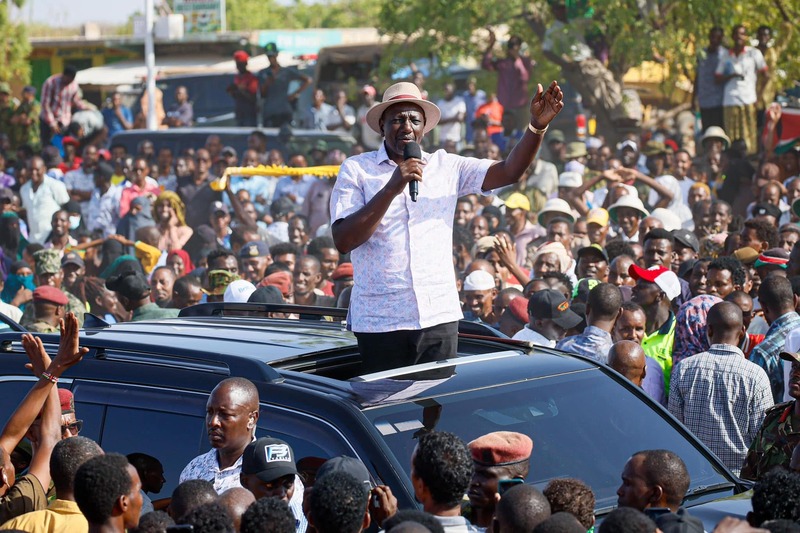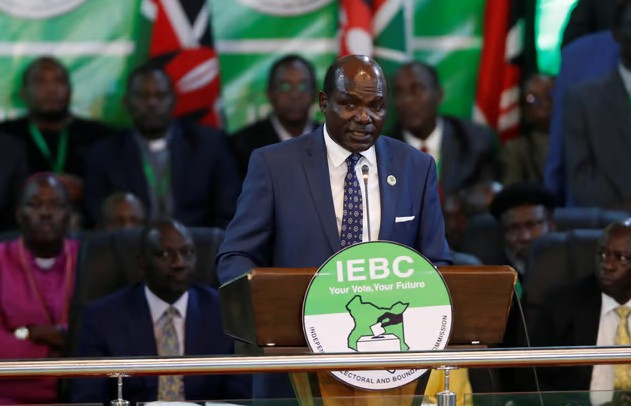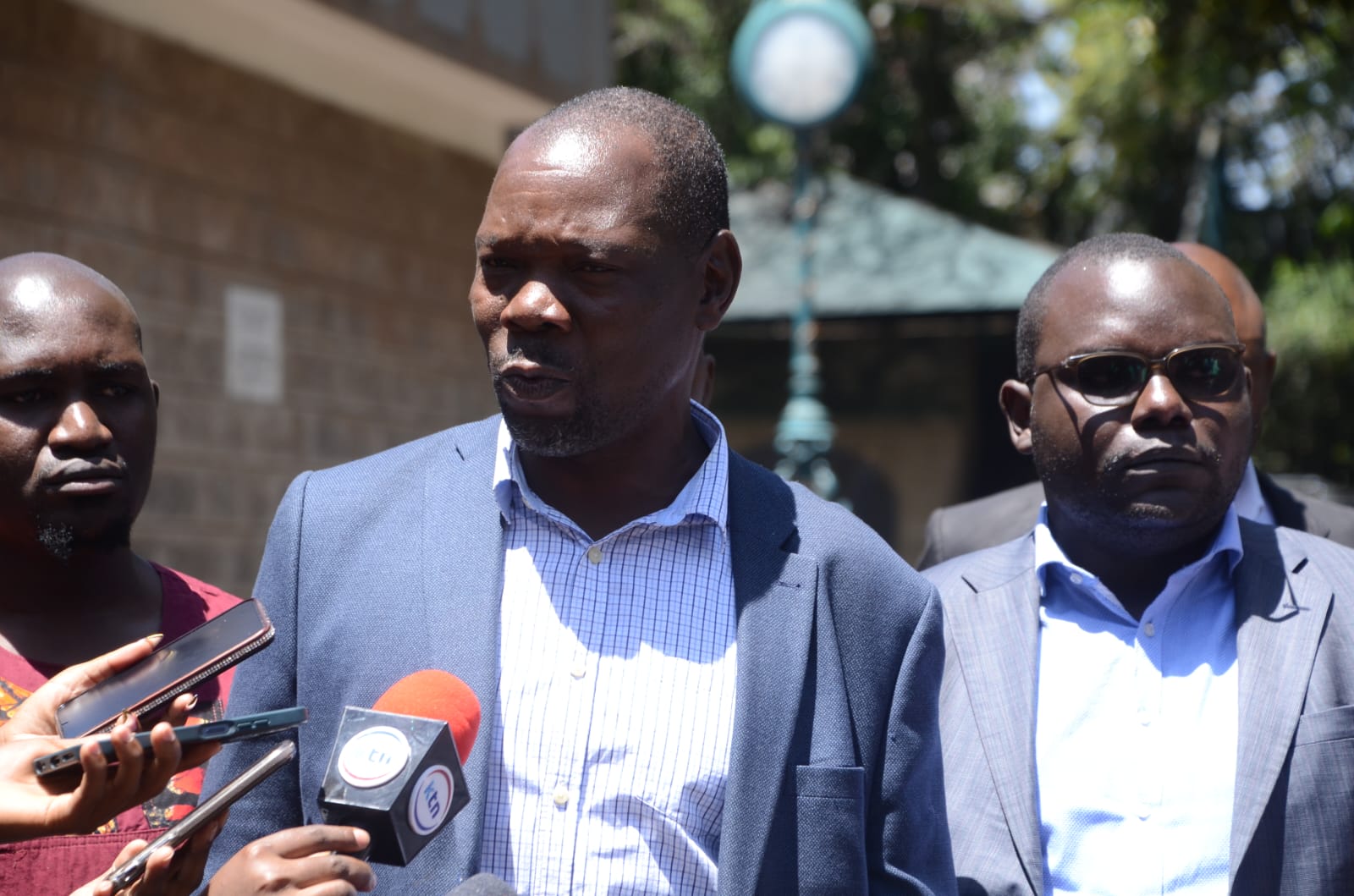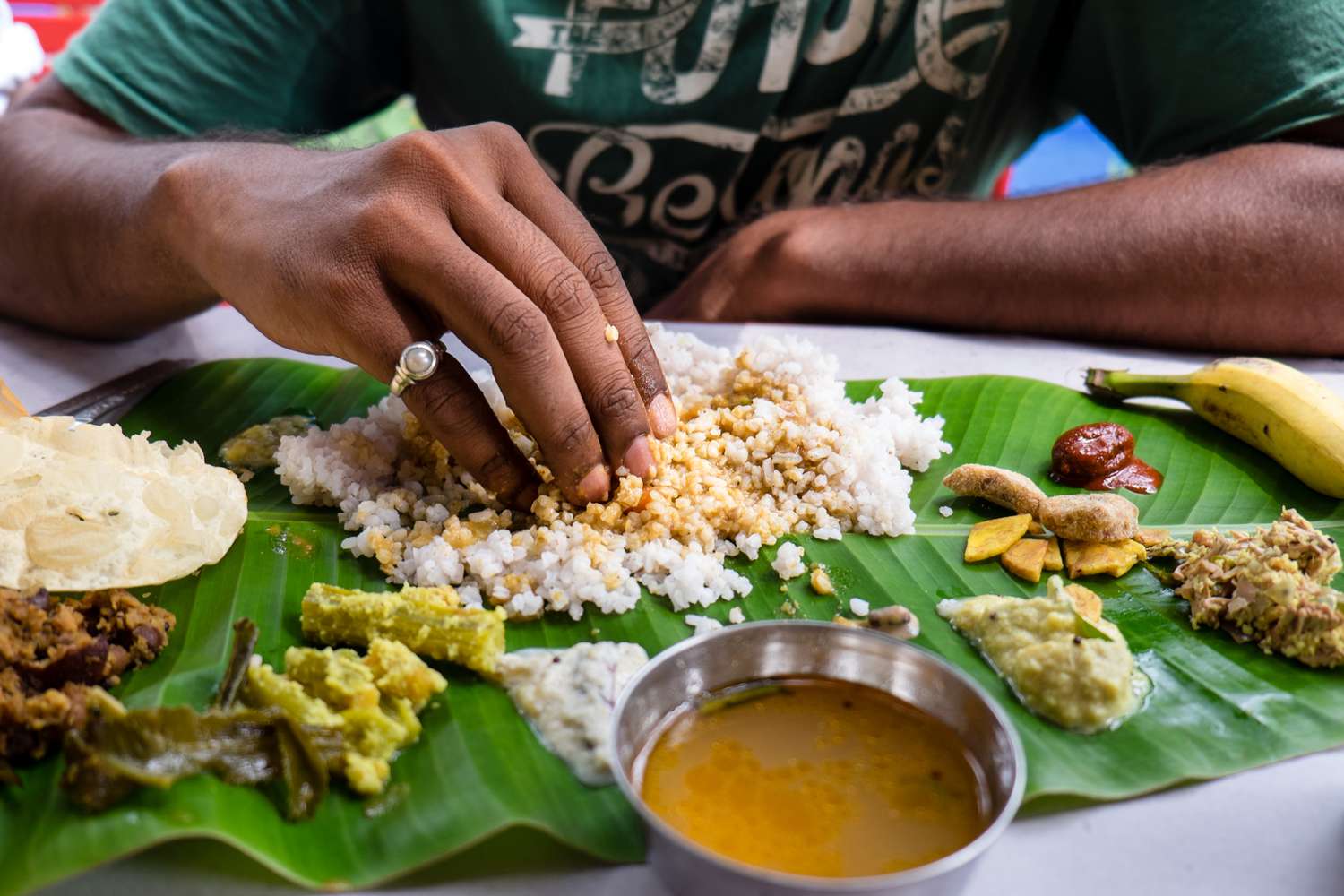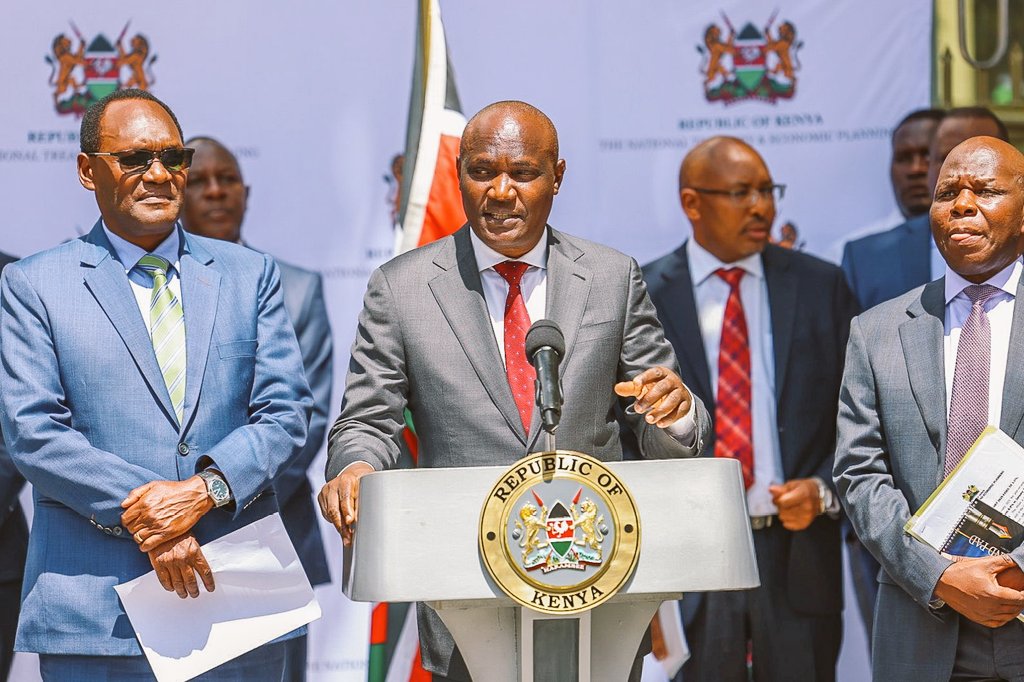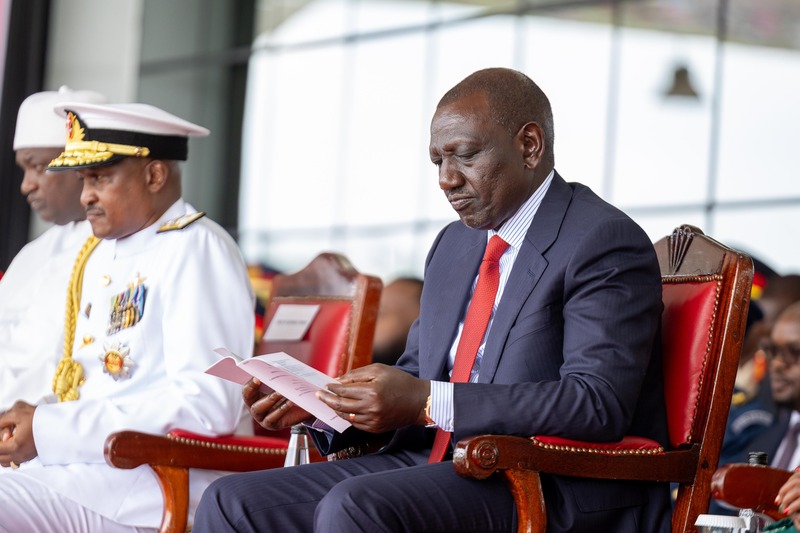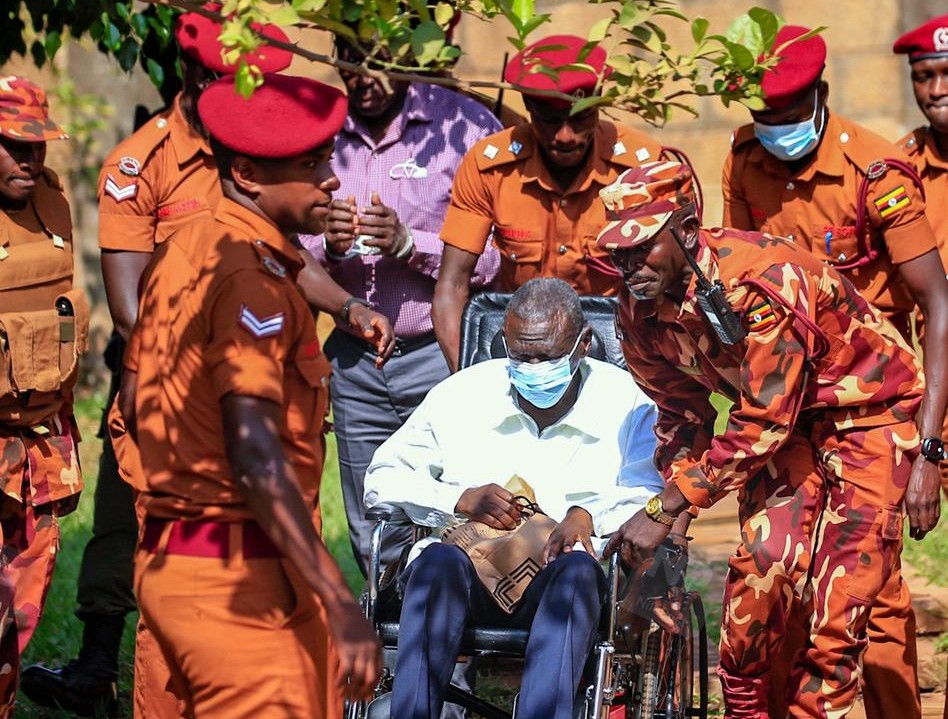Slow morning in Eastleigh as residents fast to mark Day of Arafa

Nairobi's Eastleigh neighbourhood experienced a slow start on Saturday morning, with many shops remaining closed as Muslims fasted on the Day of Arafa.
A spot check by The Eastleigh Voice found many shops, including those in the Madina, Banadir, Sunrise, and Social Hall shopping malls, closed at 9 am.
More To Read
However, business owners were preparing for longer working hours in the evening, anticipating thousands of shoppers purchasing clothes and food in readiness for Sunday's Eid-Ul-Adha celebrations.
The early morning meal, suhoor, also contributed to the delayed opening of shops.
Despite the closure of many shops, most restaurants remained open, among them Kilimanjaro, Curubo, Cakaro, Silver Palace, and Decale. At the eateries, a few people were seen having breakfast.
Abdirahman Hussein, who runs a men's clothing shop at the Yare Tower, expressed optimism about the evening rush.
"Later, shoppers from South C, South B, and other areas will flock to these streets. I expect high sales," he said.
Fasting on the Day of Arafa is not obligatory, as is the case during the holy month of Ramadan, but is highly recommended because Muslims believe it brings forgiveness for sins committed in the past and in the coming years.
Imam Tirmidhi reported that the Prophet also said, "There is no day on which Allah frees people from the fire more than on the Day of Arafa. He comes close to those standing on Arafa and then revels before his angels, saying, 'What are these people seeking?''
The Day of Arafa is also known as Yawm Al-Waqf (the Day of Standing), as mentioned in the fifth chapter of the Quran. This name refers to the pilgrims who stand before their Lord for long periods, seeking divine mercy. The act of standing and supplicating is a central part of the Hajj pilgrimage, reflecting deep devotion and humility.
Sunday's Eid Ul-Adha, or the Feast of Sacrifice, is one of the most important Islamic holidays, commemorating the willingness of Prophet Ibrahim to sacrifice his son Ismail in obedience to God's command.
Muslims around the world observe this day by performing Qurbani, or sacrifice. They slaughter an animal, such as a goat, sheep, cow, or camel, reflecting Prophet Ibrahim's devotion.
The meat from the sacrificed animal is divided into three parts: one-third is given to the poor and vulnerable, one-third shared with neighbours, and one-third kept for the family.
In Kenya, the practice of Qurbani is widespread, with many Muslims choosing to sacrifice a goat. The act is a deeply spiritual one, symbolising faith, obedience, and charity. It is an essential part of Eid Ul-Adha celebrations, bringing communities together in shared devotion and generosity.
Before you go, how about joining our vibrant TikTok and YouTube communities for exciting video stories?
Top Stories Today
